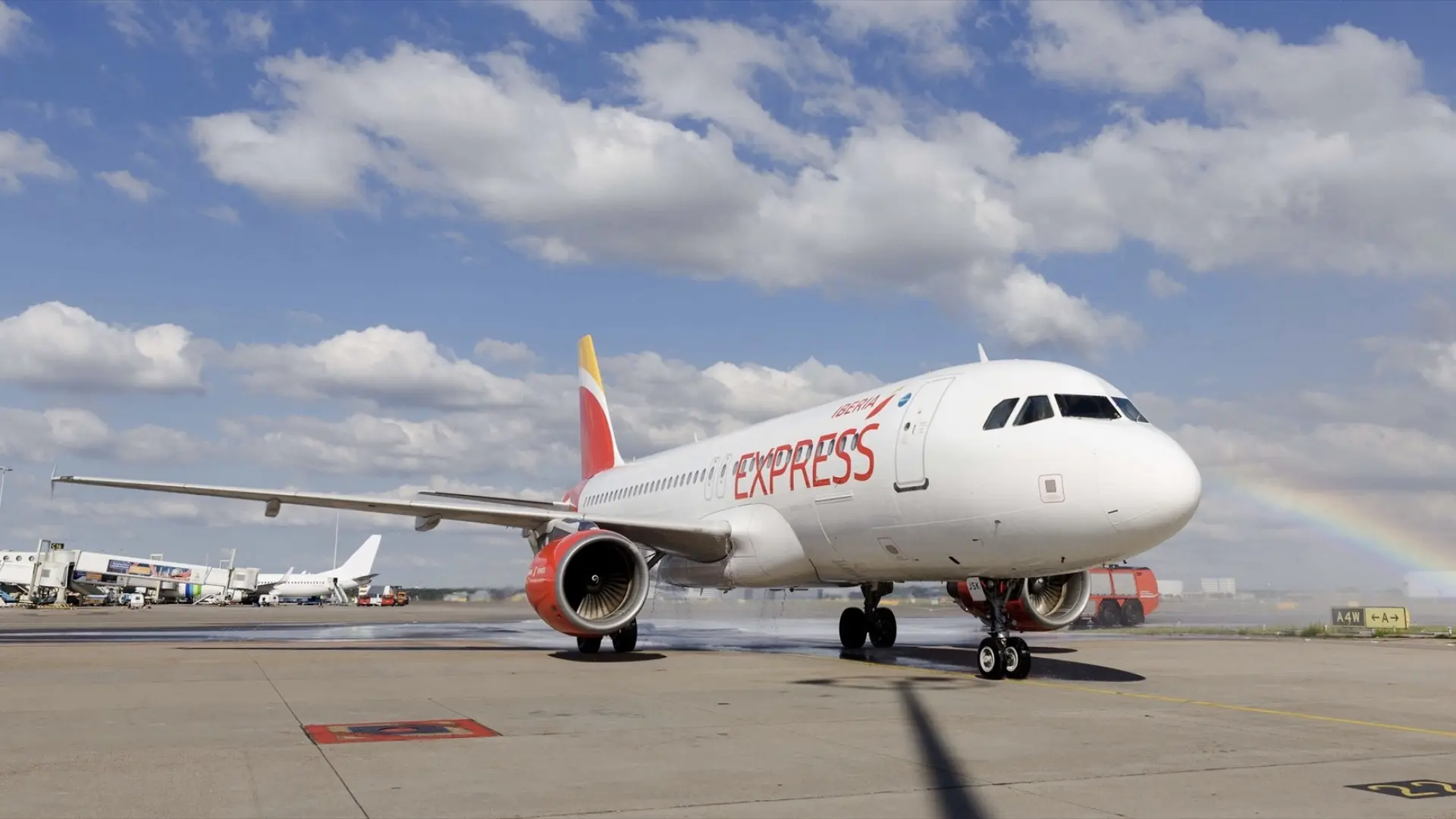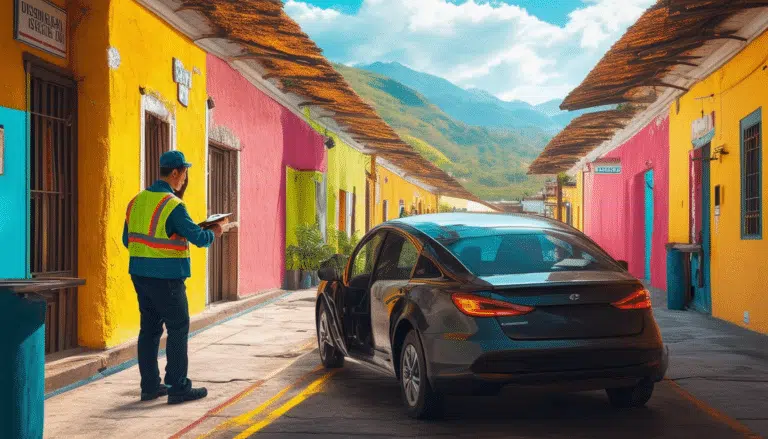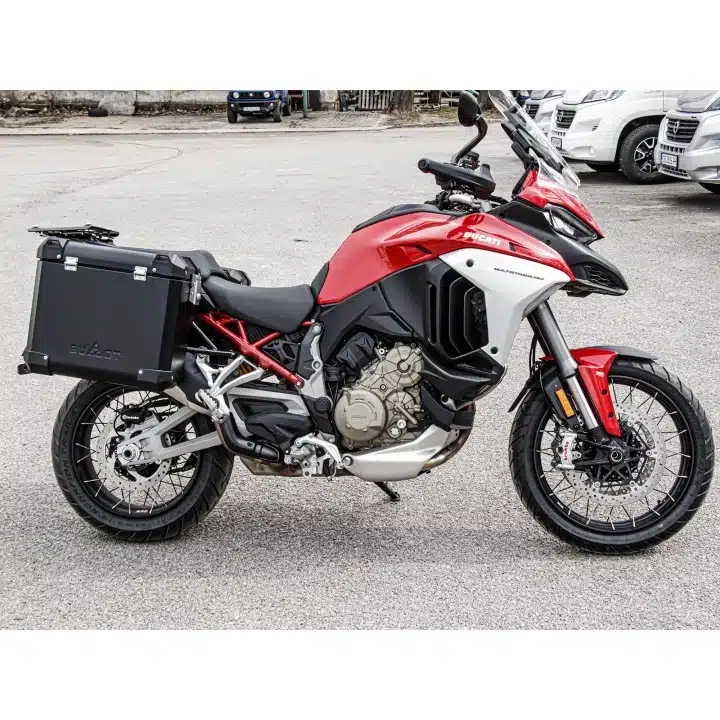Innovative sustainability: Vueling and Repsol implement SAF that represents 50% of the consumption of a flight from Barcelona to Málaga

Sustainable innovation has become a priority in the aviation sector, and a notable example of this trend is the collaboration between Vueling and Repsol. Both companies have implemented the use of sustainable aviation fuel (SAF) on a flight connecting Barcelona and Málaga, where 50% of the fuel used comes from this eco-friendly alternative. This initiative not only reflects these companies’ commitment to the decarbonization of air transport but also highlights the potential of SAF to reduce carbon emissions and advance towards a more sustainable future.
Vueling and Repsol have taken a significant step towards sustainability in the aviation sector by using sustainable aviation fuel (SAF) on a flight between Barcelona and Málaga. This collaboration is framed within the Málaga Film Festival, where an innovative approach has been implemented that allows 50% of the fuel used on the flight to be SAF, thereby helping to reduce the carbon footprint of air transport.
The Flight and Its Importance
The flight was carried out on an Airbus A320neo, a state-of-the-art model known for its efficiency and its ability to reduce fuel consumption and carbon dioxide emissions by 20% compared to previous generation models. This characteristic is essential in the search for solutions that minimize the environmental impact of aviation.
During the journey, the short film ‘Dear Angela’ was screened, which is part of the film festival, providing passengers with a unique cultural experience. Additionally, special headrests and a carpet that imitated a film reel were offered, creating a festive atmosphere and contributing to awareness about sustainability.
Commitment to Decarbonization
The use of SAF by Vueling and Repsol is a clear manifestation of their commitment to the decarbonization of the aviation sector. This type of fuel can produce up to 80% less carbon dioxide emissions over its life cycle compared to conventional aviation fuel. The collaboration between Vueling and Repsol emphasizes the need for joint action among all value chain actors to promote the use of sustainable fuels.
Vueling’s sustainability director, Franc Sanmartí, emphasized that this flight demonstrates how collaboration can drive the use of SAF in aviation. For his part, Curro Lucas Ochoa, senior manager of Sustainable Aviation at Repsol, highlighted that this action reflects the commitment of the three organizations involved towards a more sustainable leisure.
Future Goals
Looking ahead, Vueling has set an ambitious goal of using 10% SAF by 2030, aligning with European guidelines that require 5%. To date, the airline has supplied more than 1,500 tons of SAF since June 2022, representing a significant advance in its implementation of sustainable fuels.
This initiative not only benefits the environment but can also serve as a model for other airlines and companies in the field of sustainable aviation. The integration of alternative fuels is an essential tool in the fight against climate change and in promoting a greener future.
Passenger Experiences
The passenger experience during this flight was not limited to the use of sustainable fuels but was also framed within a significant cultural event. The short film ‘Dear Angela’ was screened in a uniquely decorated environment, allowing passengers to feel part of a larger event that promotes both art and sustainability.
This innovative approach demonstrates that sustainability and entertainment can go hand in hand, offering travelers unique experiences while promoting a more responsible aviation. The implementation of SAF at special events like this emphasizes the importance of sustainable mobility and represents a step forward towards a more conscious consumption model.
Perspectives in the Aviation Sector
The collaboration between Vueling and Repsol is an excellent example of how companies can come together to tackle the challenges of climate change. With the growing interest in sustainability, the airline industry is at a turning point where innovation in fuels is crucial to reducing fuel costs and carbon emissions.
Moreover, support for initiatives like the implementation of SAF not only improves the corporate image of the involved companies but also responds to the growing demand from consumers for more eco-friendly alternatives in their travel. This not only reflects a shift in collective consciousness but also the business opportunities that arise from increased sustainability in aviation.
For more information on sustainable solutions and how they can transform multiple sectors, the following article can be consulted: This is life in Culdesac. It is also interesting to explore how sustainable logistics drives an eco-friendly future in mobility by visiting this link: Sustainable logistics.
Finally, one can learn about the importance of sustainable mobility and its impact on reducing fuel costs from the article available at: Sustainable mobility. It is also crucial to analyze our carbon footprint and find ways to reduce it through this resource: Analyze your carbon footprint.
The collaboration between Vueling and Repsol in the context of the Málaga Film Festival has marked an important milestone on the road to sustainability in aviation. With the implementation of a sustainable aviation fuel (SAF) that represents 50% of the consumption of a direct flight between Barcelona and Málaga, both companies are demonstrating their commitment to the reduction of the carbon footprint in the aviation sector.
The use of SAF, which produces up to 80% less carbon dioxide emissions over its life cycle compared to conventional fuel, underscores the increasing investment in alternatives that are not only effective but also environmentally responsible. The flight, operated by a modern Airbus A320neo, offers passengers a unique experience, showing that innovation does not conflict with entertainment.
This initiative represents a significant step towards the ecological future of aviation and also highlights the importance of collaboration between companies and sectors. Vueling’s sustainability director has emphasized that this action highlights the need to work together to promote the use of SAF, thus creating a model that other airlines can follow. The future focus is on the goal of using 10% SAF by 2030, which doubles the current mandate from the European Union.
This effort will not only contribute to the decarbonization of the aviation sector but will also lay the groundwork for a sustainable leisure that more and more travelers appreciate and demand. The integration of sustainability into the offering of air services positions itself as a growing trend, reinforcing the role of aviation as part of a broader and more ecological transportation system.






